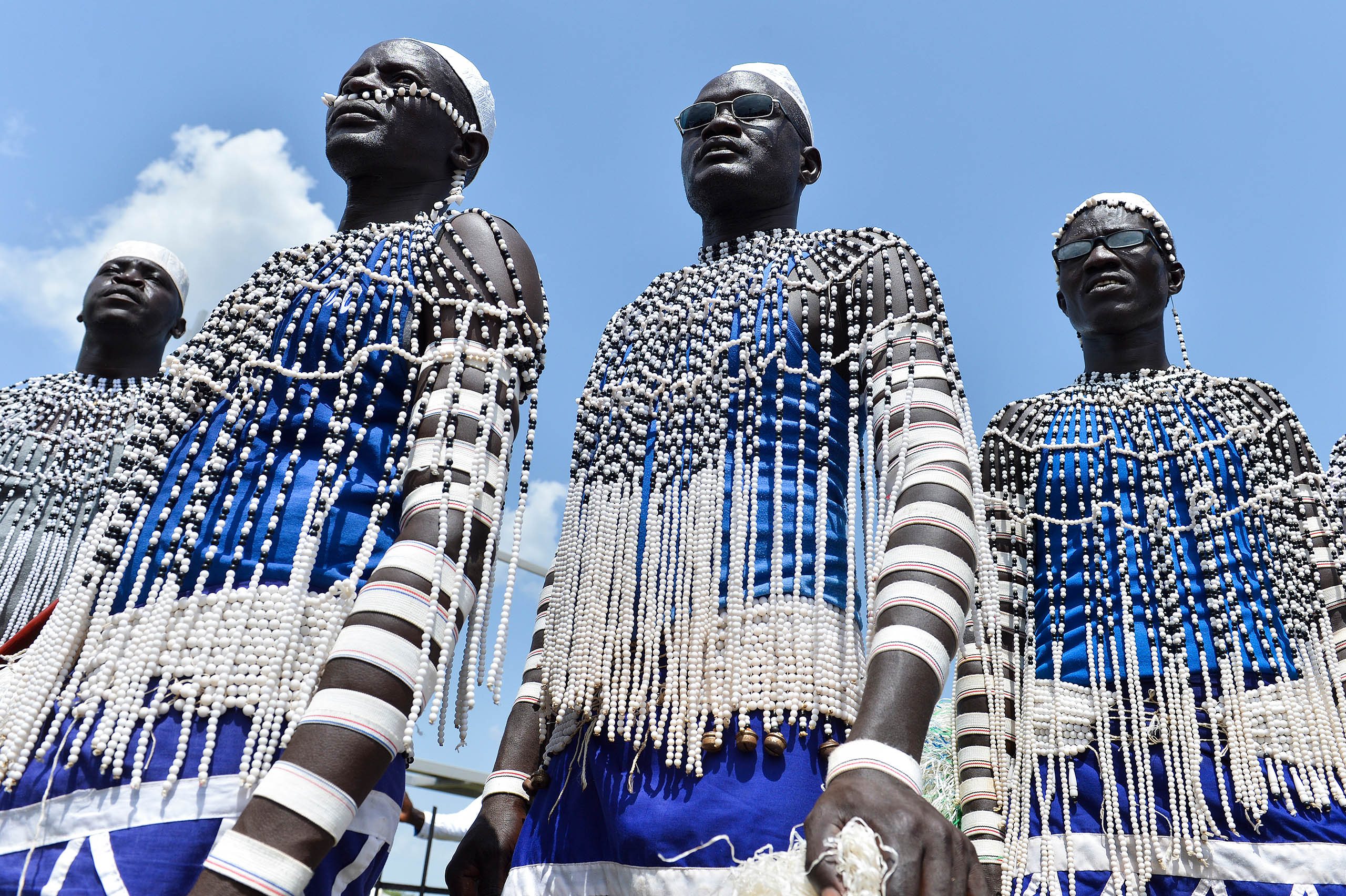In a world where borders have been drawn and redrawn countless times, South Sudan stands out as the most recent country to declare independence.
On July 9, 2011, South Sudan officially seceded from Sudan, becoming the world’s newest nation. The move marked the end of decades of civil war, ethnic tensions, and political struggle between the predominantly Arab north and the African south. It was a hard-fought victory for a people who had long been marginalized and whose desire for self-determination had been forged in the fires of conflict.
The birth of South Sudan was met with widespread celebration, both within the country and across the globe. However, the challenges of building a stable and prosperous state have been daunting. While independence brought hope for peace and a fresh start, the nation has been plagued by internal conflicts, economic difficulties, and a humanitarian crisis that continues to affect millions of its citizens.
South Sudan’s journey from the battlefield to independence, and now to nation-building, has been one of resilience and struggle. Though it holds the title of the world’s youngest country, its story is still unfolding, and the challenges it faces continue to shape its future.
A Tumultuous Path to Independence
The path to South Sudan’s independence was long and fraught with conflict. During British-Egyptian colonial rule, policies favored the Arab Muslim north, neglecting the predominantly Christian and Animist south. This imbalance led to discontent, escalating into two major civil wars: the first from 1955 to 1972 and the second from 1983 to 2005.
The Comprehensive Peace Agreement (CPA), signed in 2005 between Sudan’s government and the Sudan People’s Liberation Movement (SPLM), ended the second civil war and set the stage for South Sudan’s secession. A pivotal referendum in January 2011 saw 98.83% of South Sudanese vote for independence. On July 9, 2011, South Sudan officially became a new nation.
Challenges of Nationhood
South Sudan’s independence was initially celebrated with high hopes for peace and prosperity. However, the realities of nation-building quickly emerged. The new country faced deep ethnic, political, and economic divisions. While oil wealth promised potential development, it also fueled disputes with Sudan over revenue sharing and border issues.
Internal unity proved difficult, with the country soon facing severe challenges. In December 2013, just two years after independence, South Sudan descended into a civil war between President Salva Kiir and former Vice President Riek Machar. The conflict, marked by ethnic divisions between Kiir’s Dinka tribe and Machar’s Nuer tribe, resulted in tens of thousands of deaths and displaced millions, creating a severe humanitarian crisis.
The Ongoing Search for Stability
Efforts to restore peace have been ongoing, with various agreements, including the President Salva Kiir This deal saw Machar return as vice president in a unity government, bringing some stability. However, peace remains fragile, with occasional violence continuing.
Despite these setbacks, South Sudanese resilience remains strong. The country has made incremental progress in rebuilding infrastructure and establishing government institutions, though challenges persist. Widespread poverty, limited access to basic services, and food insecurity continue to affect the population.
South Sudan’s Global Role
As the newest country, South Sudan symbolizes hope and self-determination, but it also underscores the complexities of nation-building. International support, including aid and peacekeeping from the United Nations and other organizations, has been crucial in stabilizing the country.
South Sudan’s story is part of the broader narrative of African nations pursuing self-determination. Its independence represents a significant moment in post-colonial history, highlighting both the achievements and ongoing struggles of new nations.
South Sudan’s independence was a landmark achievement, but the journey since 2011 has been marked by both progress and hardship. As it continues to face challenges, the world watches closely, hopeful for a brighter future for this resilient new nation. South Sudan may be the “last” country to gain independence, but its story is far from complete.

